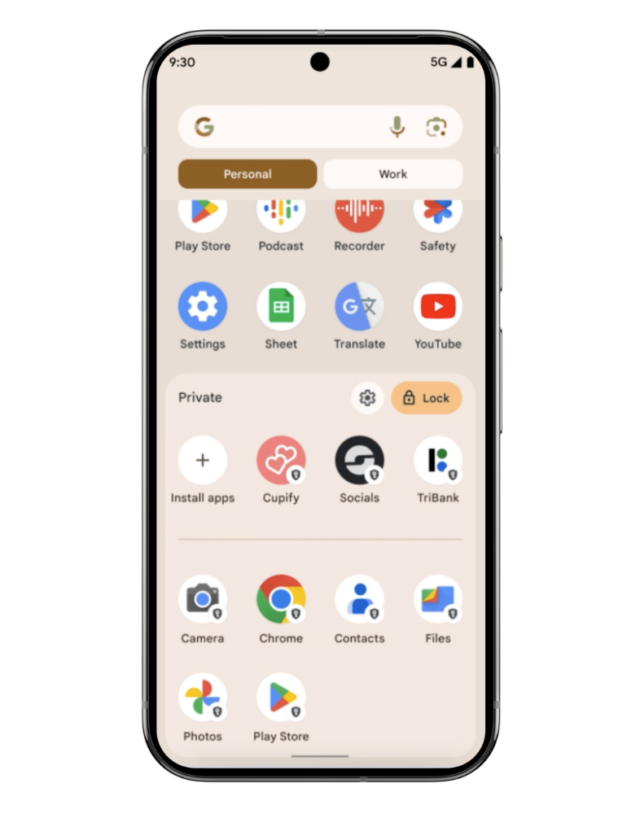Android 15’s safety and privateness options are the replace’s spotlight – Cyber Tech
Android 15 began rolling out to Pixel gadgets Tuesday and can arrive, by way of varied third-party efforts, on different Android gadgets sooner or later. There’s all the time a bunch of little adjustments to find in an Android launch, whether or not by studying, poking round, or letting your telephone present you 25 new issues after it restarts.
In Android 15, a number of the most notable contain making your gadget much less interesting to snoops and thieves and safer in opposition to the children to whom you hand your telephone to maintain them quiet at dinner. There are additionally sensible fixes for display sharing, OTP codes, and mobile hacking prevention, however particulars about them are unfold throughout Google’s personal docs and blogs and varied information web site’s reviews.
This is what’s notable and new in how Android 15 handles privateness and safety.
Scroll down your all-apps checklist and you may see a lock on the backside and a brand new type of panel you’ll be able to pull up.
Google

Unlocking the Non-public House with biometric or passkey reveals the apps which were tucked down there.
Google
Scroll down your all-apps checklist and you may see a lock on the backside and a brand new type of panel you’ll be able to pull up.
Google
Unlocking the Non-public House with biometric or passkey reveals the apps which were tucked down there.
Google
Non-public House for apps
Within the Android 15 settings, you could find “Non-public House,” the place you’ll be able to arrange a separate PIN code, password, biometric examine, and non-obligatory Google account for apps you do not need to be out there to anyone who occurs to have your telephone. This might add a layer of safety onto delicate apps, like banking and purchasing apps, or disguise different apps for no matter purpose.
In your checklist of apps, drag any app all the way down to the lock area that now seems within the backside proper. It can solely be proven as a lock till you unlock it; you’ll then see the apps out there in your new Non-public House. After that, you must in all probability delete it from the principle app checklist. Dave Taylor has a rundown of the method and its quirks.
It is clearly extra concerned than Apple’s “Conceal and Require Face ID” faucet possibility however with probably extra strong hiding of the app.
Hiding passwords and OTP codes
A second type of authentication is sweet safety, however permitting apps to entry the notification textual content with the code in it? Not so good. In Android 15, a brand new permission, prone to be given solely to probably the most essential apps, prevents the leaking of one-time passcodes (OTPs) to different apps ready for them. Sharing your display may even disguise OTP notifications, together with usernames, passwords, and bank card numbers.



